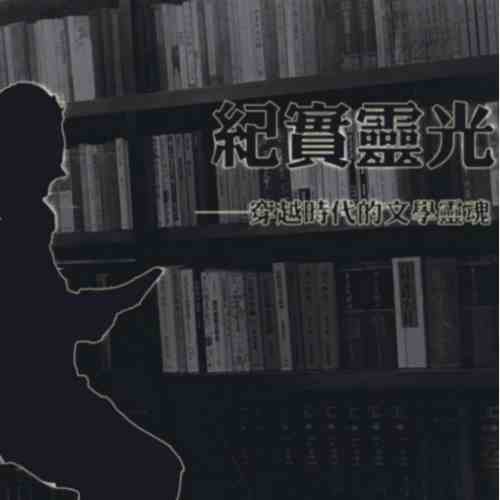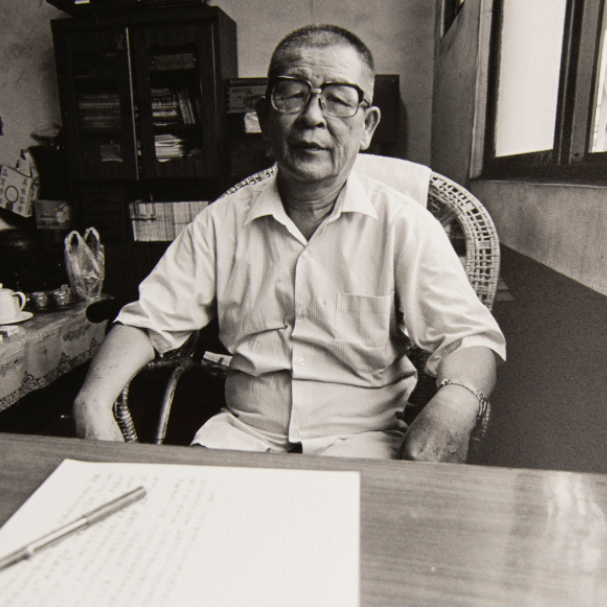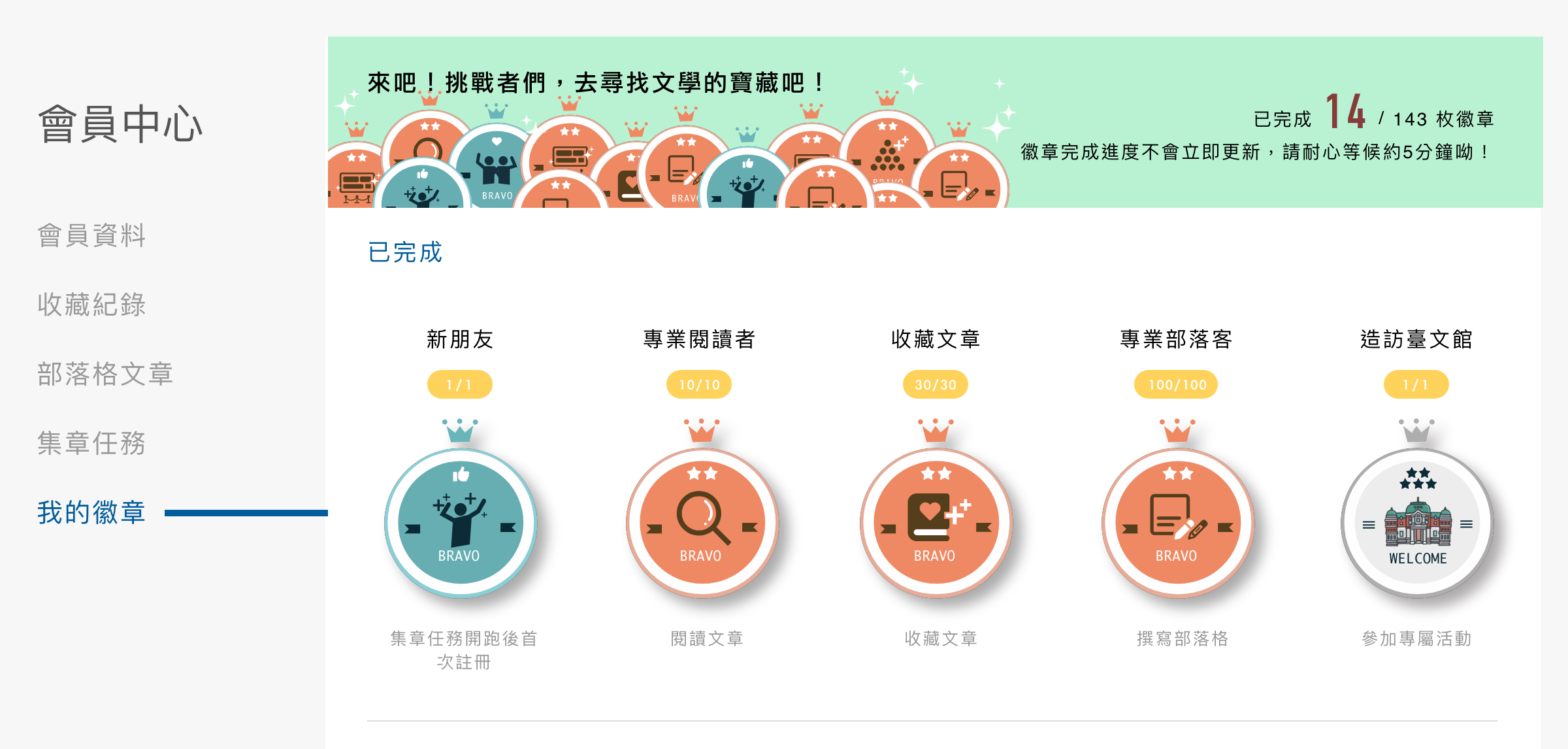Now they had slowly woken. They had slowly realized that life was not just about endurance. The light of this era had cast itself upon obscure corners. People had learned that, other than “man on earth, good at birth,” there existed democracy and science, plus self-determination, freedom, equality, and human rights. Thus, some plucked up the courage to ask for retrieval of Act 63. Some petitioned for establishment of a congress. In central and southern Taiwan, controversies and disputes regarding certain sugar companies sparked out. There were also people who refused to let merchants sell distributed fertilizers or buy sugar canes at unfair prices, and those who brought nasty exploitations of Japanese companies to light. As these “waves” rose up and high, “riddles” expanded on and on naturally. Wei-liang’s recent missions were related to these. It might be a way to survive if one should endure natural disasters, even some man-made ones. However, facing oppression, frauds and exploitation, if one still only endured endlessly, s/he would be called stupid.
——Chung Chao-cheng, Taiwanese Trilogy.
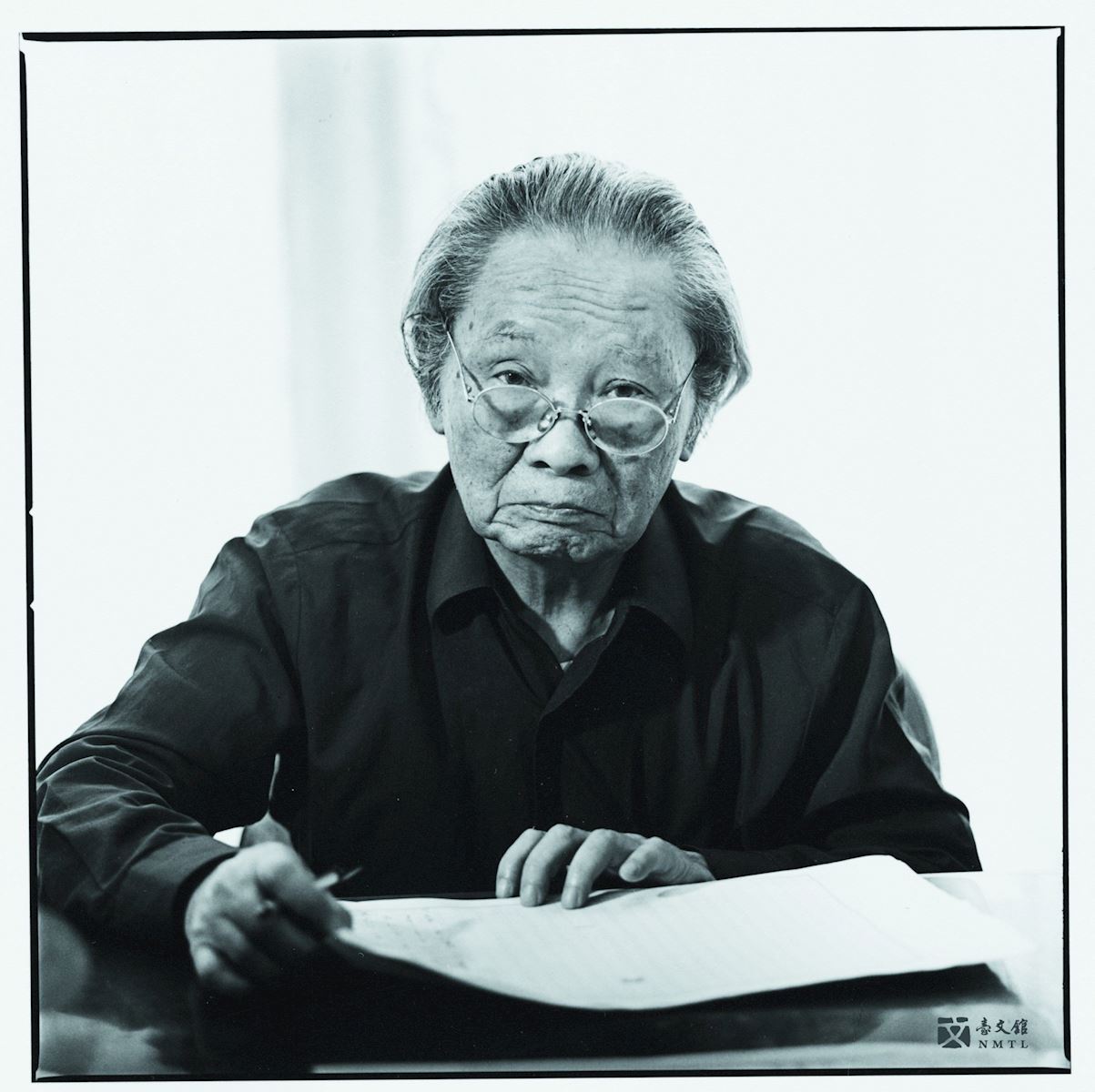
▒ Chung Chao-cheng ▒
In this bust photo, Chung held a pen in one hand and pressed a sheet of writing paper with another, wearing glasses. Longtan, Taoyuan, June 1998.(Provided by Lin Po-Liang)
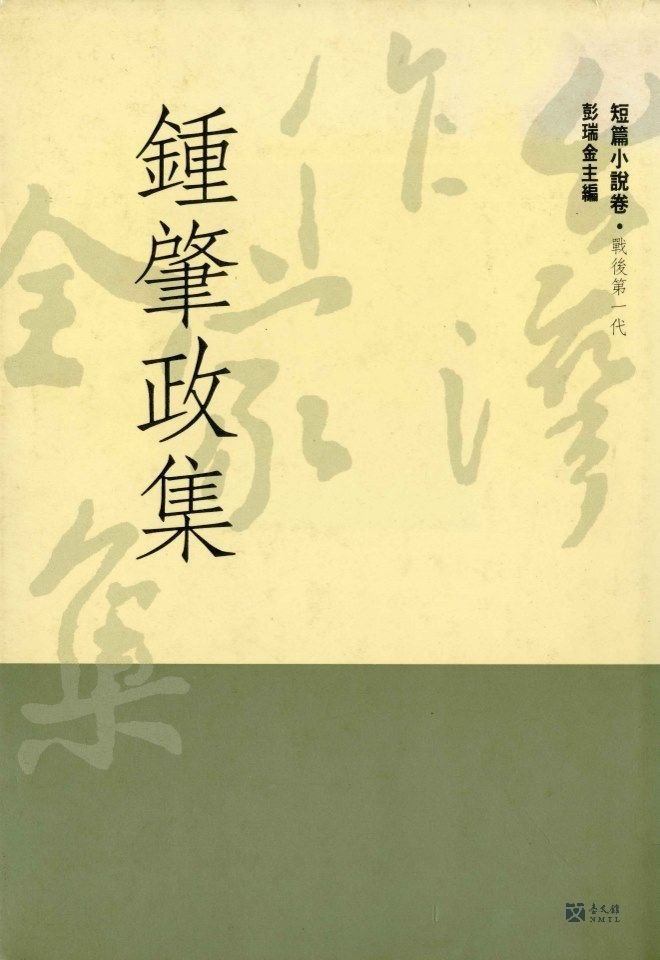
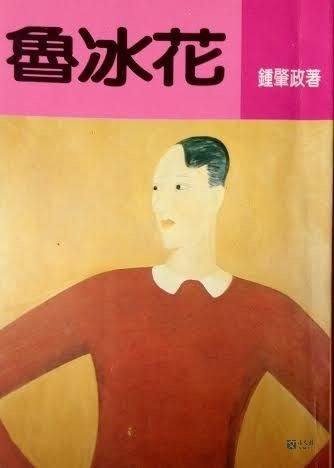
Introduction
Chung Chao-cheng (1925-2020) was born in Longtan, Taoyuan. He was an elementary school teacher for 30 long years, and aside from teaching he wrote and translated. He also actively took part in Taiwan’s literary community and was editor-in-chief for a few magazines and newspaper supplements. Chung mostly writes novels, although he also produces reviews, scripts, and translations. He is among the most prolific writers in post-war Taiwan.
Chung Chao-cheng is one of the writers who represent “the cross-language generation” in Taiwan. After the nationalist government banned using Japanese, he devoted to learning to write in Chinese, and received wide recognition in the literary circle for “Dull-ice Flower” in 1960.
Of the novels he wrote, the “grand river” series inspired by Taiwan history are the most crucial. Such include Turbid Waters Trilogy – Turbid Waters, Ten Thousand Miles of Mountains and Rivers, and Flowy Clouds, and Taiwanese Trilogy – Sunken, Journey into the Oceans, and Song of Chatian Mountain. The novels are regarded as “engineering of writing” which aims to illustrate Taiwanese people’s spirits. The protagonists’ circumstances and Taiwan’s destiny are juxtaposed in the stories to show people’s perseverance in tough early days.
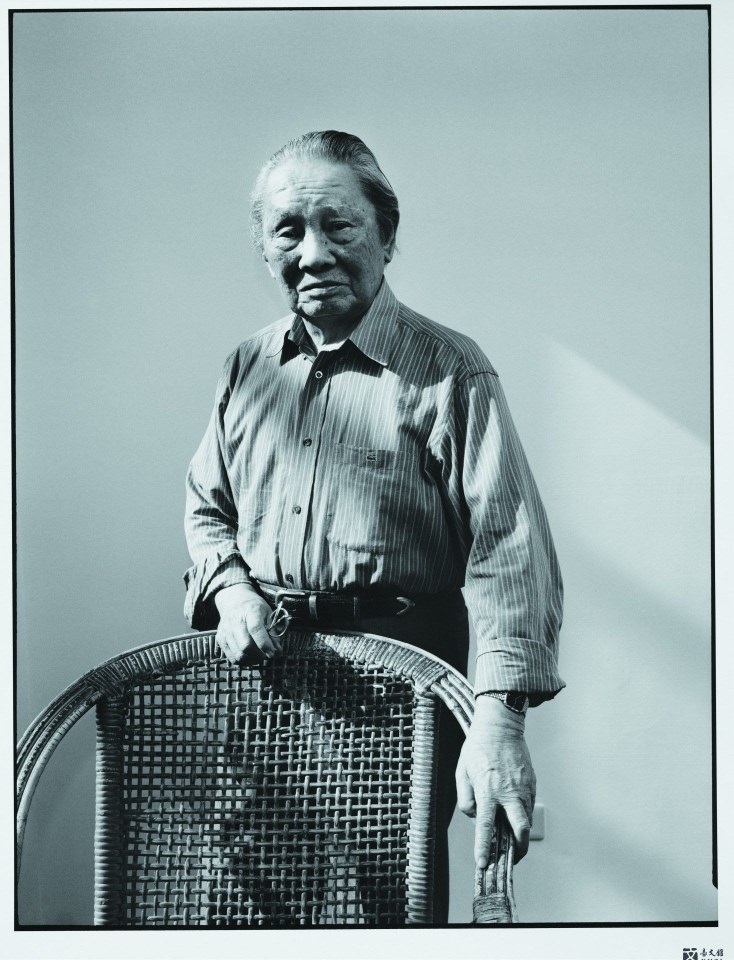
Chung Chao-cheng
Chung Chao-cheng stood behind a rattan chair, with one hand placing his glasses at top of the chair and the other behind the chair’s right. Longtan, Taoyuan, October 2002.(Provided by Lin Po-Liang)
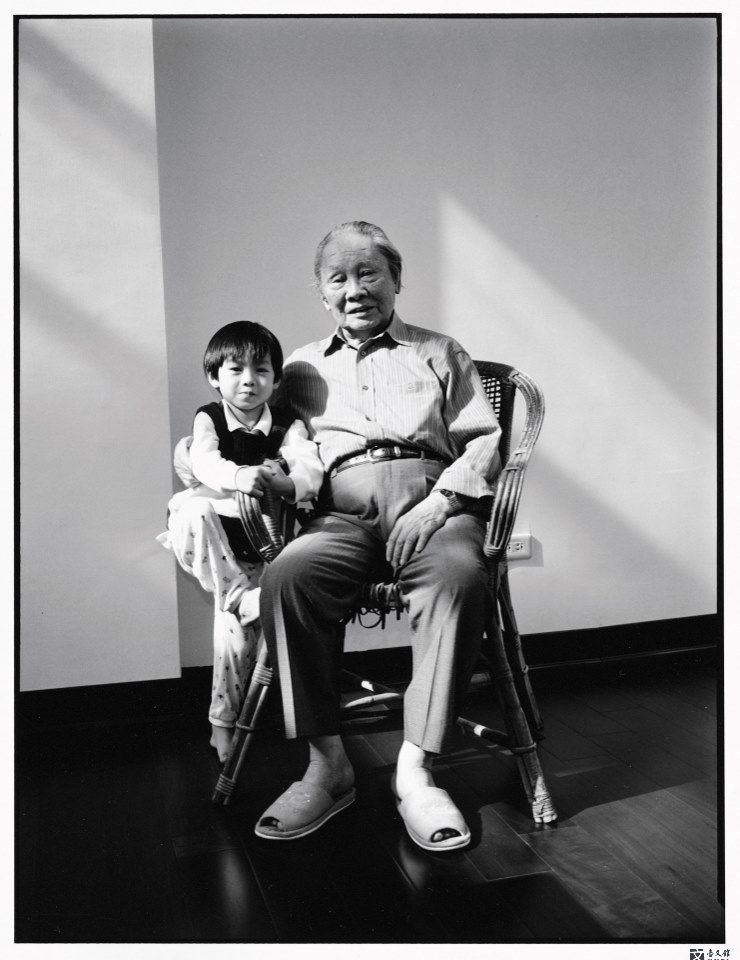
Chung Chao-cheng and his grandchildren.
Chung Chao-cheng and his grandchildren. Longtan, Taoyuan, October 2002.(Provided by Lin Po-Liang)
Manuscript
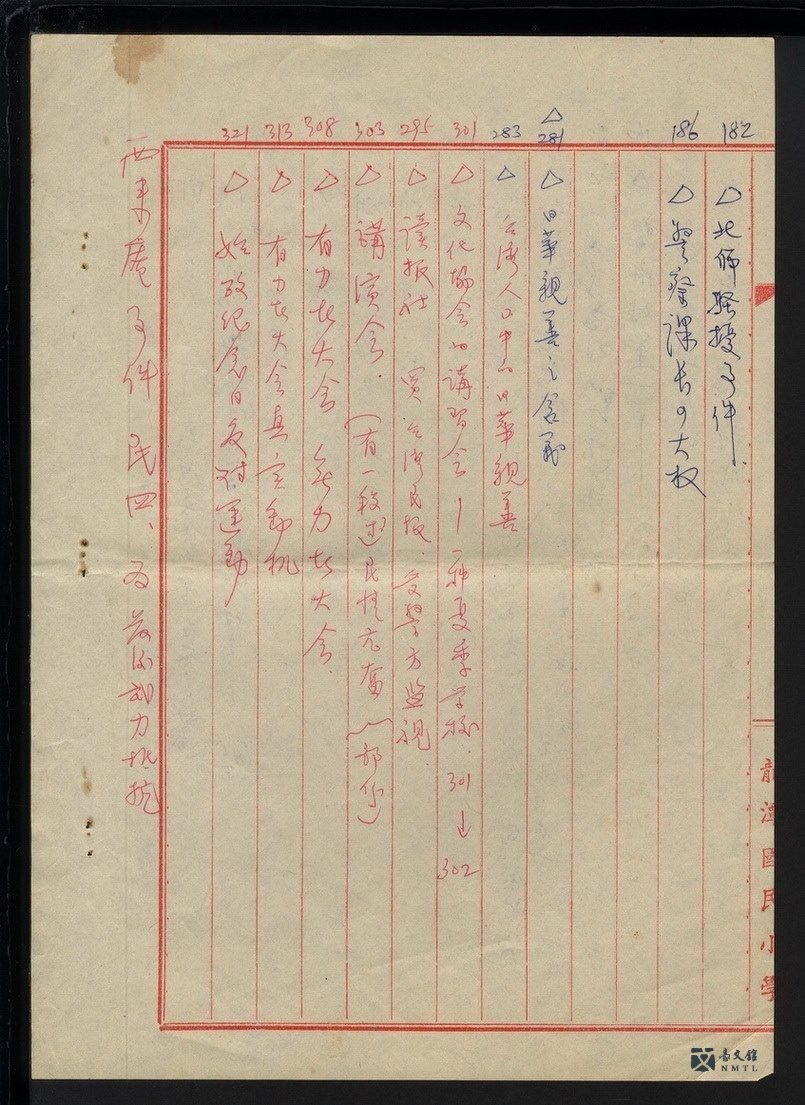
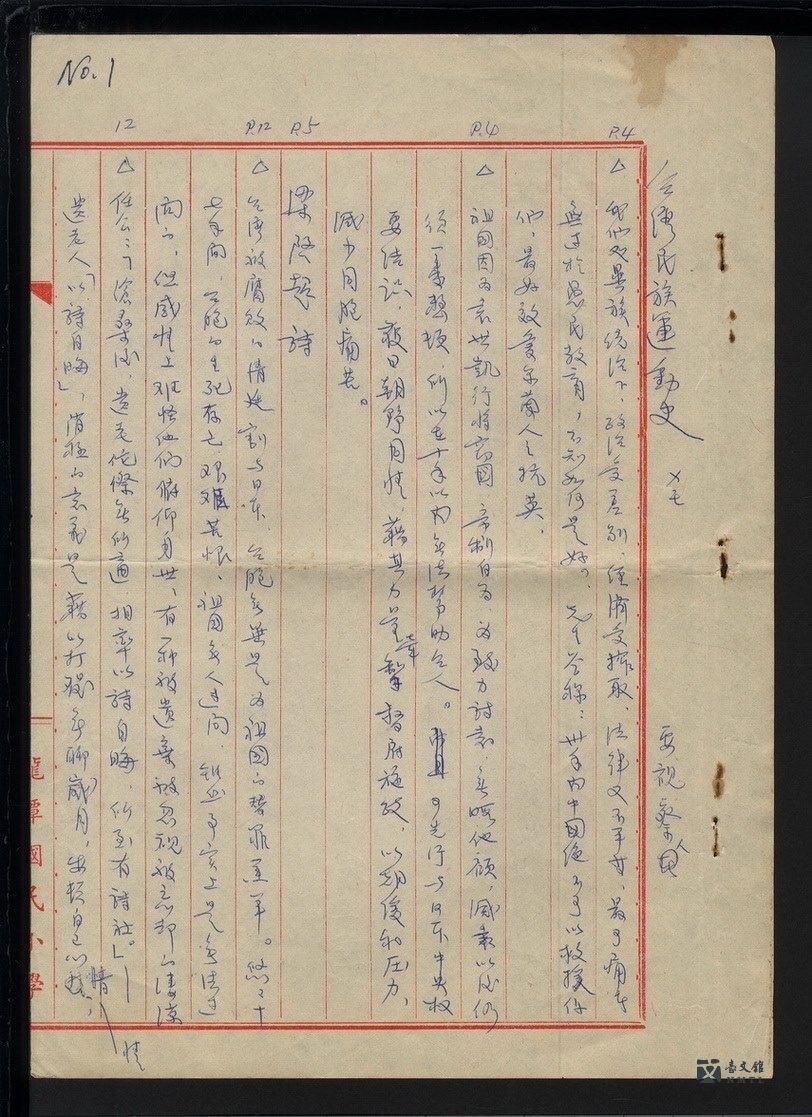
.jpg)
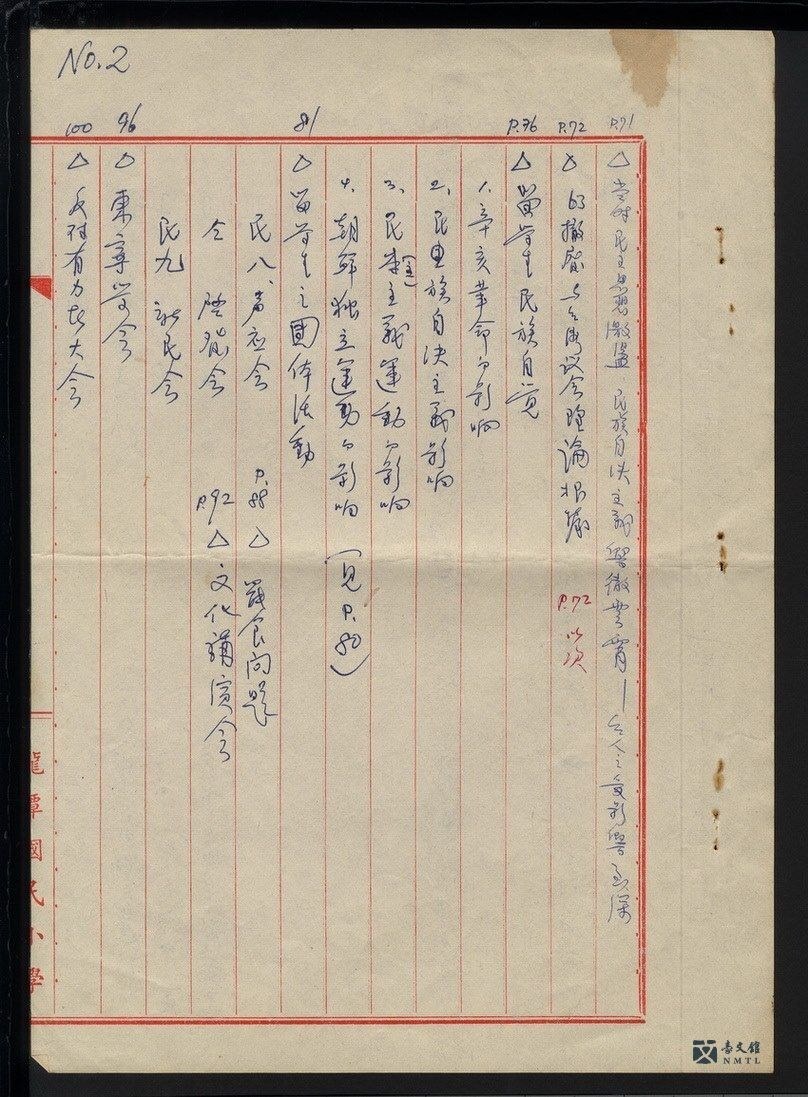
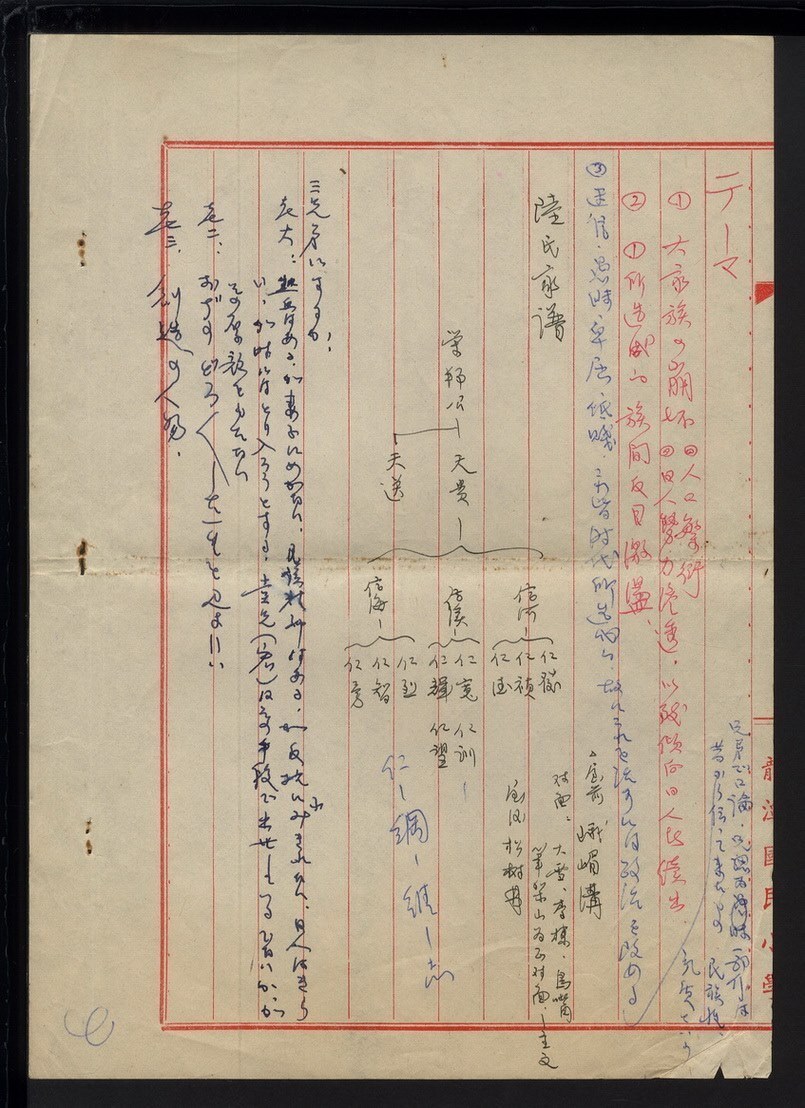
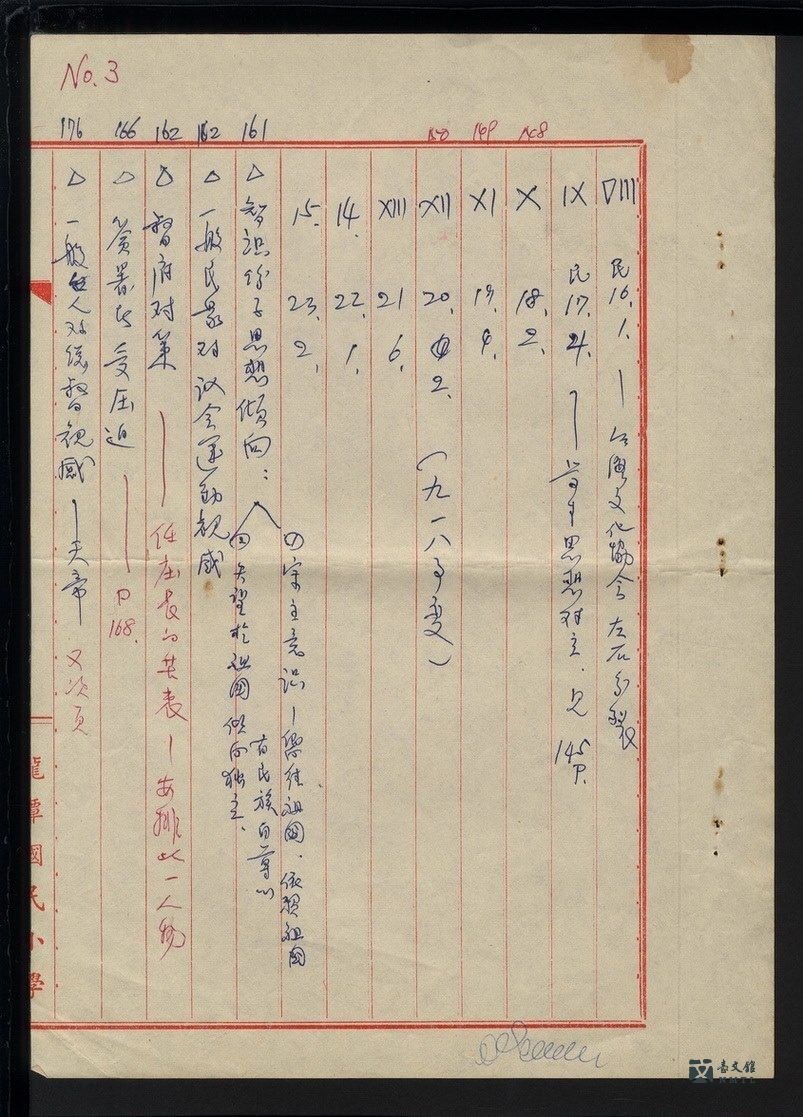
► Notes on drafting Journey into the Oceans as a part of Taiwanese Trilogy, entitled as “History of National Movements in Taiwan”
This is a draft on which the writer brainstormed Journey into the Oceans, the second part of Taiwanese Trilogy. It gives a brief description of Taiwan’s national movements under a foreign regime.(Donated by Chung Chao-cheng / Collected by National Museum of Taiwan Literature)
